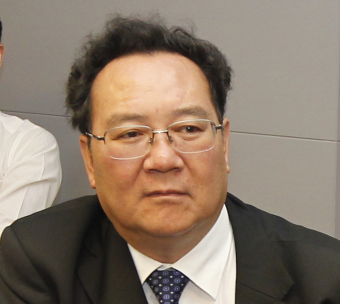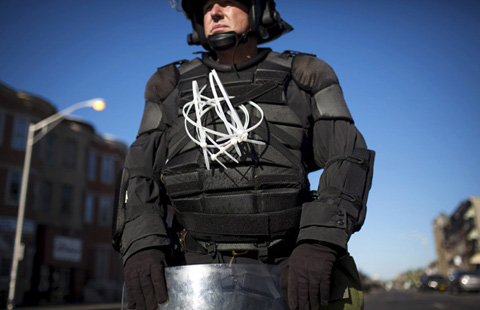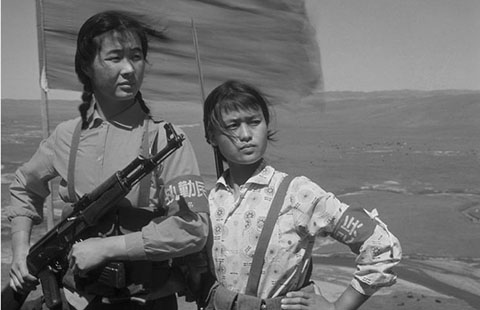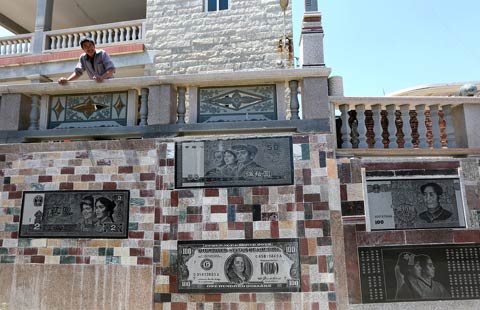Hospital with corrupt chief can't offer healthy service
Updated: 2015-04-29 07:52
(China Daily)
|
||||||||
 |
|
Wang Tianchao, 57, former president of the No 1 People's Hospital in Yunnan, is suspected of misusing power in the construction of the hospital, in procurement of medical facilities and in personnel management. [Photo/IC] |
Now placed under investigation, he is the biggest rent-seeker in the medical circle that the anti-corruption campaign has exposed. But he will not be the last one as long as the anti-corruption campaign continues in State-owned hospitals.
The case has once again justified the maxim that power tends to corrupt and absolute power corrupts absolutely, State-owned hospitals being no exception.
The abuse of power by hospital chiefs has a direct bearing on the quality of service patients get. To begin with, the money medical equipment and medicine sellers use to lubricate sales channels increases the cost of healthcare. And the extra money hospitals spend in buying medical equipment and medicines that end in the pockets of top hospital officials is paid by patients.
Corrupt officials will not even think of getting more specialist doctors and improving their medical services. Nor can doctors who pay to get positions as section leaders be expected to dedicate themselves to the welfare of patients. How can we expect the majority of medical workers under a corrupt leader to serve patients wholeheartedly?
That explains why conflicts are often reported between patients and doctors. And they have made the establishment of harmonious relations between the two parties a hot topic.
Reform of State-owned hospitals has long been on the government's agenda with the aim of providing patients with better and cheaper healthcare service. But this reform should be preceded by, or at least accompanied with an intensified crackdown on corruption in hospitals, because no matter what measures are taken, the reform will not succeed unless the corrupt elements are eliminated and power in the hands of hospital chiefs is curbed.

 Baltimore erupts in riots after funeral of man who died in police custody
Baltimore erupts in riots after funeral of man who died in police custody
 Kathmandu's quake survivors struggle for food, water, tents
Kathmandu's quake survivors struggle for food, water, tents
 Photographer captures changes in China
Photographer captures changes in China
 Ten photos you don't wanna miss
Ten photos you don't wanna miss
 Villager decorates wall with banknote images
Villager decorates wall with banknote images
 Around the world on solar power
Around the world on solar power
 Ten ways to make travel more environmentally friendly
Ten ways to make travel more environmentally friendly
 Trainer who handles dogs with love, patience
Trainer who handles dogs with love, patience
Most Viewed
Editor's Picks

|

|

|

|

|

|
Today's Top News
China expected on agenda for Abe, Obama
Chinese firms need global vision: dean
Nepalis wait for quake help as death toll passes 4,000
New US-Japan defense guidelines inject instability in East Asia
iPhone sales in China surge, boost Apple's profits
61 suspects back home to be tried
Chinese, Koreans seek Japan apology
China rescue team starts work
US Weekly

|

|







